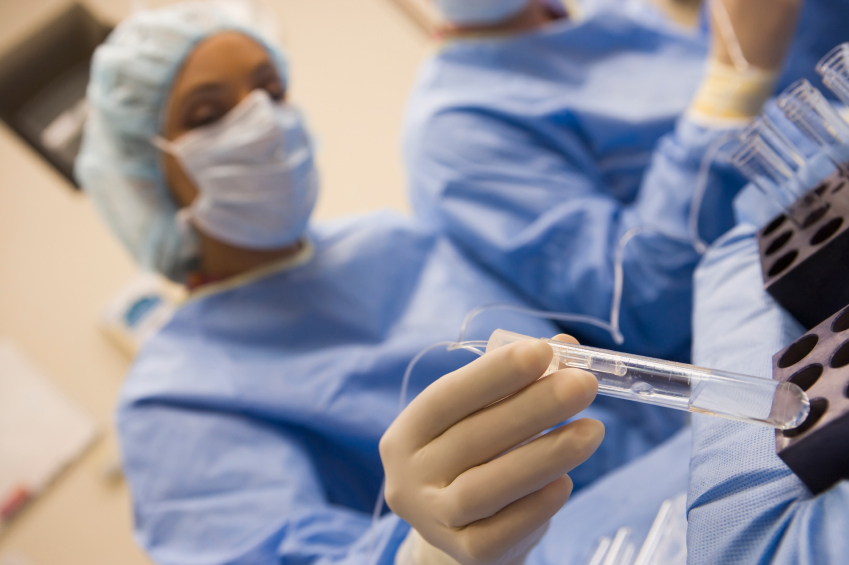The economic crisis in Greece is leading an increasing number of women to sell their eggs or become surrogate mothers. In this country, the supply of eggs is such that many laboratories are forced to export them to other European countries “in order not to lose them”.
The procreation market is generated by demands from both Greek and foreign couples. 10 to 20% of IVF procedures are carried out using donated eggs as legislation in this area is particularly flexible.
Egg donation is becoming a genuine commercial venture. Although Greek universities still have some way to go to match American universities who openly announce that they are “looking for students willing to donate their eggs”, the phenomenon is spreading. Officially, donors act altruistically but, in reality, most have a financial incentive. In 2012, 40% of donors acknowledged the fact that they donated their eggs for financial reasons (47% in Russia). “17% of female donors in Greece are unemployed compared to 24% in Spain and 22% in Ukraine”. Lastly, the financial incentive can be attributed to the fact that one out of three donors in Greece, and one out of two donors in Spain and Portugal have no husband or family.
These Greek or foreign donors are educated with an average age of 25. They receive €1,200 per donation to compensate for loss of work, transport to the clinic and any procedure-related costs. The“costs of the donor’s medical examinations and medication are covered by the intended parents”. This figure can rise to as much as €1,600 euros. Foreign donors account for 40% of women in this context.
Each woman is authorised to donate eggs ten times, no more than twice a year. However, some women go from unit to unit to obtain as much compensation as possible, thus generating “egg trafficking” which cannot be checked by control procedures implemented by the Procreation Authorities.
Courrier international (n°1386 du 24 au 31/05/2017)

